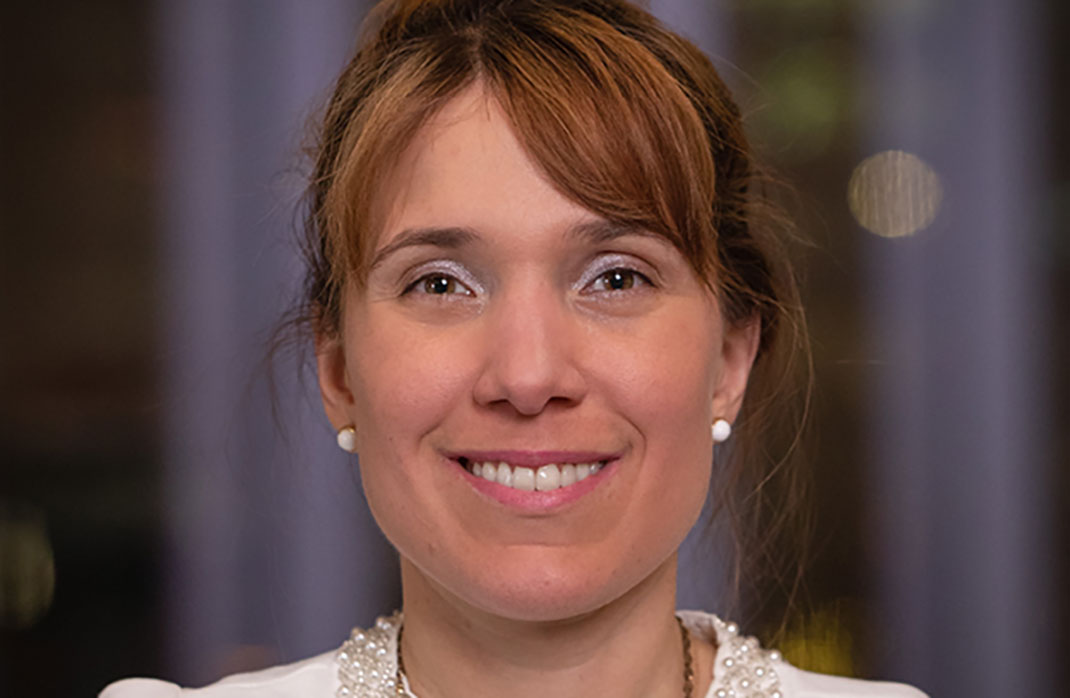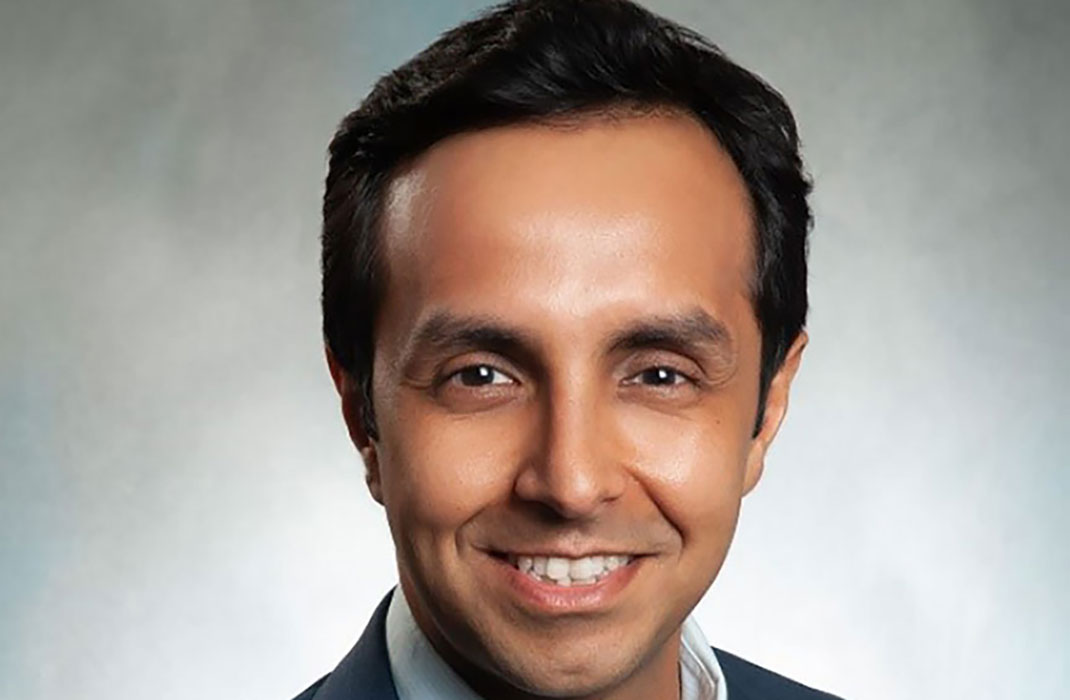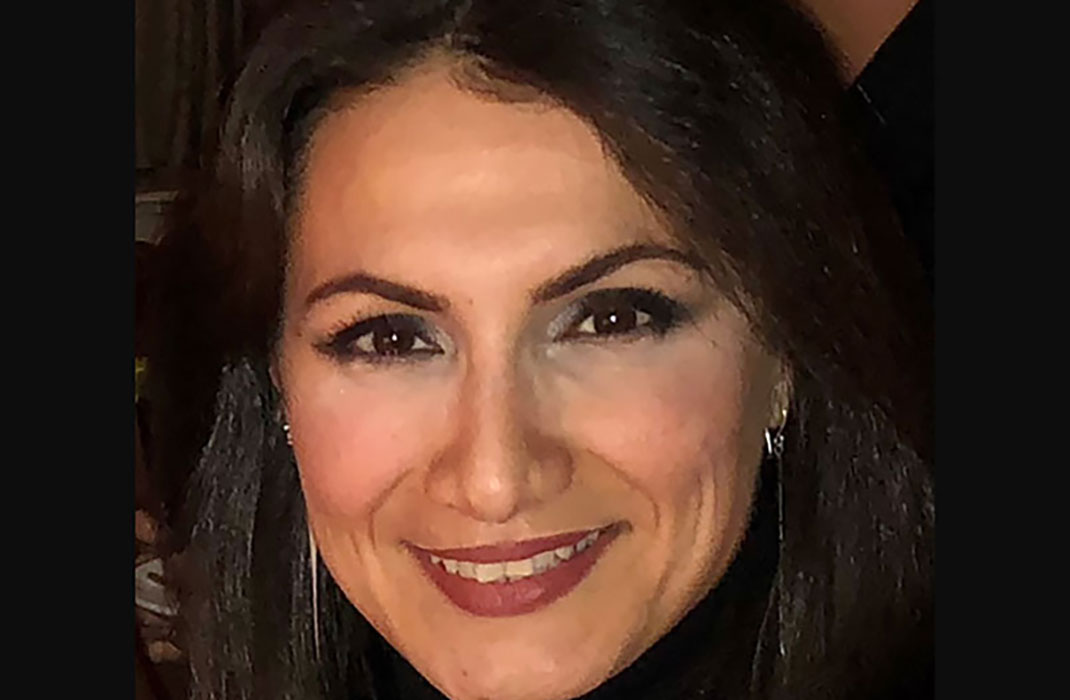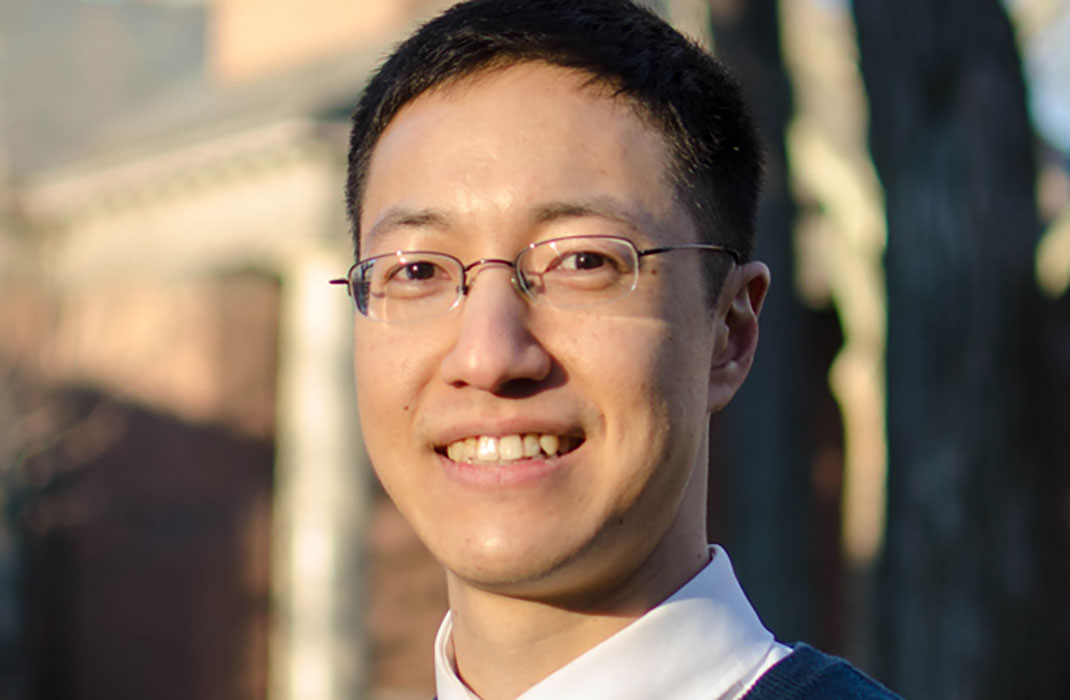-
- Find Care
-
- Visitor Information
- Find a Location
- Shuttles
- Visitor Policies
-
-
-
- Our Virtual Care Options
- Virtual Urgent Care
- Virtual Visits for Primary & Specialty Care
- Online Second Opinions
- Participate in Research
-
- Contact us
-
- For Innovators
- Commercialization Guide for Innovators
-
-
- Research News
- Alzheimer's Disease
- Artificial Intelligence
-
- Overview
-
- Overview
- Getting Started
- New to Mass General Brigham
- International Patient Care
- What Is Patient Gateway?
- Planning Your Visit
- Find a Doctor (opens link in new tab)
- Appointments
- Patient Resources
- Health & Wellness
- Flu, COVID-19, & RSV
- Billing & Insurance
- Financial Assistance
- Medicare and MassHealth ACOs
- Participate in Research
- Educational Resources
- Visitor Information
- Find a Location
- Shuttles
- Visitor Policies
- Find Care
-
- Overview
- Our Virtual Care Options
- Virtual Urgent Care
- Virtual Visits for Primary & Specialty Care
- Online Second Opinions
-
- Overview
- Participate in Research
-
- Overview
- About Innovation
- About
- Team
- News
- For Industry
- Venture Capital and Investments
- World Medical Innovation Forum (opens link in new tab)
- Featured Licensing Opportunities
- For Innovators
- Commercialization Guide for Innovators
- Contact us
-
- Overview
- Information for Researchers
- Compliance Office
- Research Cores
- Clinical Trials
- Advisory Services
- Featured Research
- Two Centuries of Breakthroughs
- Advances in Motion (opens link in new tab)
- Brigham on a Mission (opens link in new tab)
- Gene and Cell Therapy Institute
- Research News
- Alzheimer's Disease
- Artificial Intelligence
-
- Overview
-
- Overview
- Residency & fellowship programs
- Brigham and Women's Hospital
- Massachusetts General Hospital
- Mass Eye and Ear
- Newton-Wellesley Hospital
- Salem Hospital
- Integrated Mass General Brigham Programs
- Centers of Expertise
- Global & Community Health
- Health Policy & Management
- Healthcare Quality & Patient Safey
- Medical Education
- For trainees
- Prospective trainees
- Incoming trainees
- Current trainees
- Continuing Professional Development
There’s A Doctor in the House: Innovation Fellow Provides Valuable Clinical Insights to Digital Health Team at Boston Scientific

The Mass General Brigham Innovation Fellows Program was established five years ago to provide short-term, experiential career development opportunities for future leaders in health care focused on accelerating collaborative innovation between science and industry.
The program facilitates personnel exchanges between Harvard Medical School staff from Mass General Brigham hospitals and participating biopharmaceutical, device, venture capital, and digital health companies. To celebrate the fifth anniversary of the program, we spoke to five Innovation fellows (past and present) to learn more about their experiences.
This is 1 of 5 profiles on Innovation Fellows honoring the 5th anniversary of the Program’s launch. For more information about the program, please contact Cary Mazzone at innovationfellows@partners.org.
It’s not every day that a scientist goes from studying ion channels in the lab to developing smartphone apps at a startup. That was the unique path that David Chiang, MD, PhD, followed while participating in the Mass General Brigham Innovation Fellows Program.
Chiang, formerly a postdoctoral fellow in the lab of Calum MacRae, MD, PhD, and now a clinical fellow in genetics at Brigham and Women’s Hospital, is a clinician and basic science researcher interested in understanding the genetic and molecular causes of cardiac arrhythmias with the goal of developing novel therapeutics.
He recently concluded an 18-month Innovation Fellow’s Project (20% effort) at Boston Scientific working on the digital health team to develop apps for patients, clinicians, and health care workers.
Chiang worked with the rhythm management group developing apps to help cardiac patients who have received a device from Boston Scientific better manage and understand their devices. The team is also developing apps and digital solutions to manage relationships with clinicians, clinics, and patients.
Having spent most of his time investigating the role of ion channels in cardiac arrhythmias in a basic science lab, Chiang was initially unsure what he could contribute to the team.
“Nothing in my training involved digital health,” he explains. “I’m not an engineer, I’m not a computer scientist, I’m not a designer. I think this was a bit of a barrier initially, but once I joined, I realized it’s actually great to get exposed to a totally different world.”
The experience gave him an inside look at one of the largest, most prominent medical companies and the opportunity to interact with executives, such as Chief Digital Health Officer David Feygin, PhD, MBA, and Sandra Nagale, PhD, director of digital health and data solutions.
He also was exposed to the startup-like culture within the digital health group—learning about the lean startup environment, agile product development, and the concept of a minimum viable product.
On the flip side, it was eye-opening for Chiang to see how difficult it was for individuals from the company—even one as prominent as Boston Scientific—to talk directly to clinicians.
“There is a lot of red tape and issues of conflict of interest that need to be addressed just to have a clinician serve as a consultant, so for the digital health group to have an MD on their team was unheard of,” says Chiang.
Chiang gave the team insights about the presentation and treatment of patients with heart arrhythmias, as well as what would and wouldn’t work in a real-world clinical setting.
“In digital health, we develop features iteratively and quickly as we learn about customer, physician, and clinical needs throughout development. Infusing expert, instant, contextual, clinical knowledge is critical to developing the right offerings that will fit into the clinical workflow,” says Feygin.
“David Chiang’s participation as an essential embedded member on the development team enabled by the Mass General Brigham Innovation Fellows Program was invaluable to ensuring that we are building the optimal products for physicians and patients. I don’t think we would have been able to get this level of expertise in any other way.”
“We truly love the program and are excited to continue to collaborate with the Mass General Brigham Innovation Fellows in the future,” adds Nagale.
Chiang has continued with his academic career path at Brigham and Women's Hospital since concluding his Fellow Project. He is grateful for the opportunities and insights it provided and believes they’ll pay dividends down the line.
“It’s too early to tell how this will affect me long term,” Chiang says. “It definitely gave me a great experience of industry in general. But it’s more like a seed. I’ll have to see how it grows.”
Related news
-

published on
-

published on
-

published on
-

published on